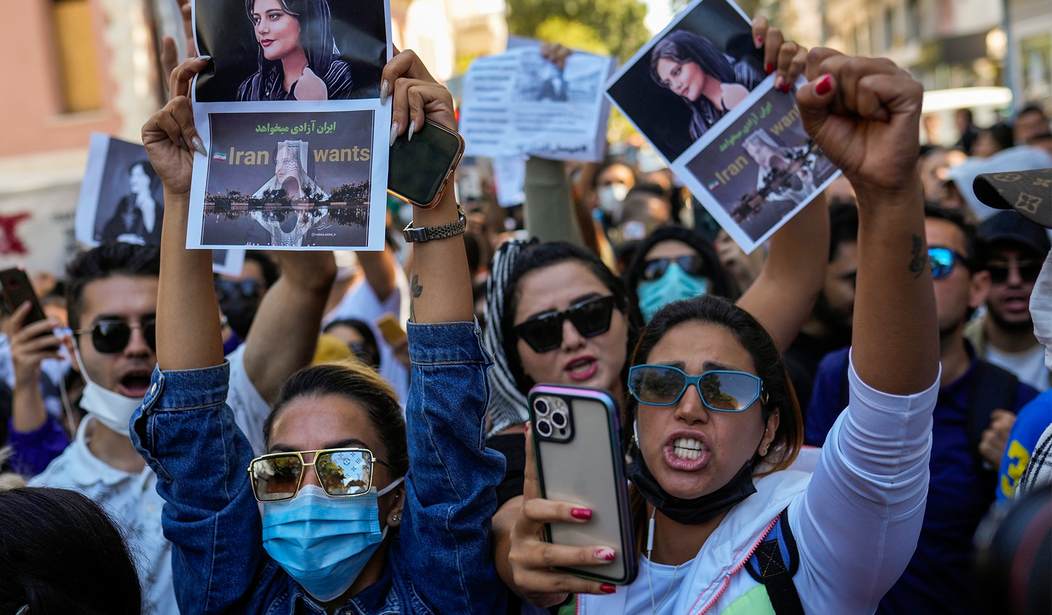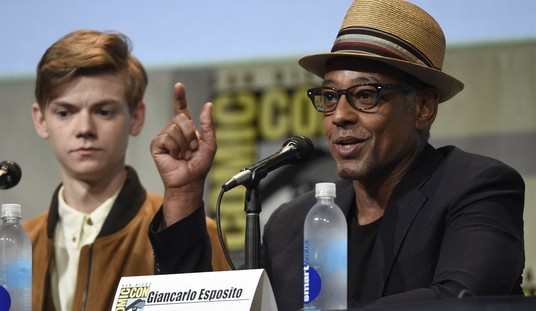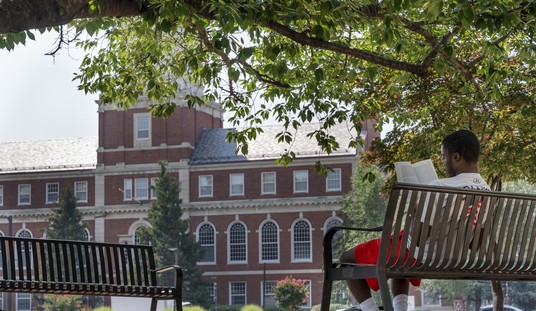The number of Iranian protesters executed grew to four today as Iran’s judiciary identified two more men executed after being detained. The men are identified as Mohammad Mehdi Karami and Mohammad Hosseini.
The two men were convicted of allegedly killing a paramilitary volunteer during a demonstration. These latest executions are aimed at halting the countrywide protests that now challenge the theocracy. All four of the men known to have been executed have faced rapid, closed-door trials which have come under international criticism. The protests continue despite the regime’s attempts to suppress them. The protests began in September because of the death in jail of a 22-year-old woman, Mahsa Amini, who died from injuries suffered during her arrest during a protest. The morality police arrested her for not wearing her headscarf properly in public.
According to the judiciary’s news agency, Mizan, the two men were convicted of killing Ruhollah Ajamian, a member of the Iranian Revolutionary Guard’s volunteer Basij force, in Karaj, outside of Tehran on November 3. The Basij are a brutal force who have deployed to major cities. They attack and arrest protesters, some of whom fight back.
Heavily edited footage aired on state television showed Karami speaking before a Revolutionary Court about the attack, which also showed a reenactment of the attack, according to prosecutors’ claims. Iran’s Revolutionary Courts handed down the two other death sentences already carried out.
The tribunals don’t allow those on trial to pick their own lawyers or even see the evidence against them. Amnesty International has said the trials “bore no resemblance to a meaningful judicial proceeding.”
State TV also aired footage of Karami and Hosseini talking about the attack, though the broadcaster for years has aired what activists describe as coerced confessions.
The men were convicted of the killing, as well as “corruption on Earth,” a Quranic term and charge that has been levied against others in the decades since the 1979 Islamic Revolution and carries the death penalty.
According to Human Rights Activists in Iran, a group that has closely monitored the unrest in Iran, at least 517 protesters have been killed and over 19,200 people have been arrested.
The protests are being led by women seeking the freedom to stop mandatory head covering in public. They are asking for more basic human rights for women. People across Iran have joined in the protests, which continue to grow. Protests spring up in cities across the country. The intimidation and brutality from the regime to tamp down the protests have failed to do so. The bravery of the protesters against the regime can’t be overstated.
Another announcement was made today. Iran’s supreme leader Ayatollah Ali Khamenei appointed a new hard-line chief of police. IRNA, an official news agency reported on the news. General Ahmad Reza Radan is replacing General Hossein Ashtari. Ashtari has been on the job for eight years. Radan served as acting commander of police from 2008-2014. He is known for harshly handling protesters during the uprising after the 2009 post-election turmoil. He imposes harsh measures against women wearing loose Islamic veils and young men with long hair. Since 2014 he has been in charge of a police research center. The U.S. and Europe imposed sanctions on Radan for human rights violations in 2009 and 2010.
The appointment of Radan can only be seen as retaliation by the regime against the continuing protests. The regime continues to ratchet up its aggressive behavior against the protesters. The current protests are the biggest challenge the regime has faced since it came into power during the 1979 revolution.








Join the conversation as a VIP Member